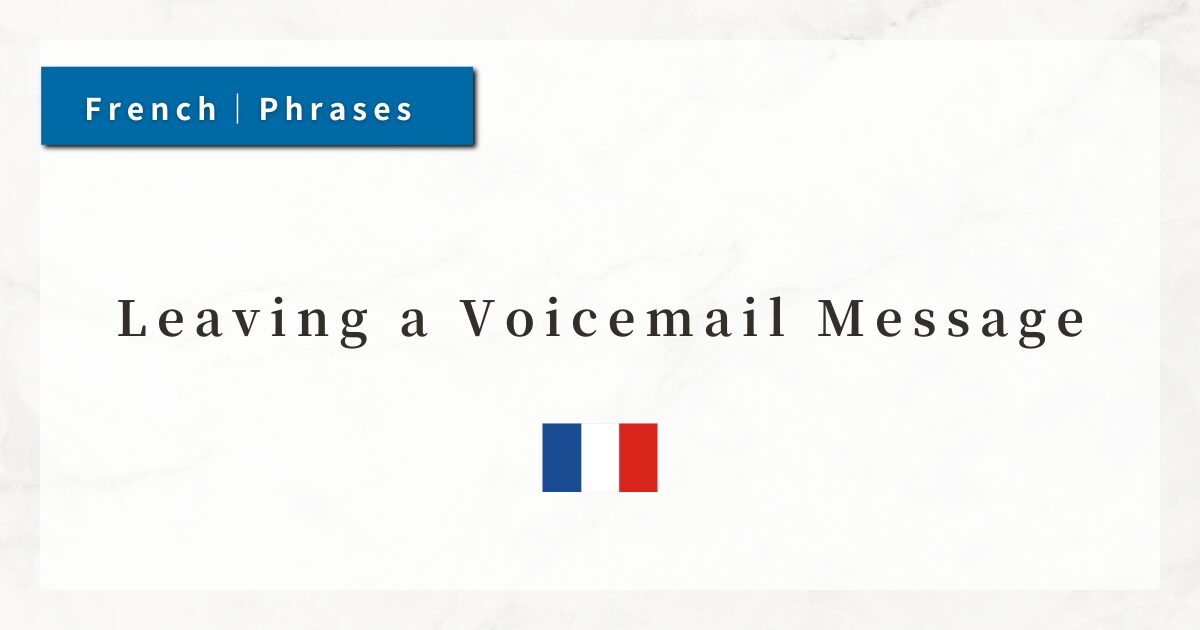#68 Casual Conversations at Work|French Business Conversation

In the workplace, conversations are not only about work. Small talk plays an important role in building good relationships.
Being able to casually ask questions like “How was your weekend?” or “Are you busy today?” in French makes communication much smoother.
Here, I will introduce useful French phrases for small talk at work, along with examples and grammar points.
Dialogue

Bonjour, tu as passé un bon week-end ?
(Good morning, how was your weekend?)

Oui, très bien. Je suis allé à la campagne. Et toi ?
(Yes, very good. I went to the countryside. And you?)

J’ai regardé un film avec ma famille.
(I watched a movie with my family.)

Super ! Et aujourd’hui, tu as beaucoup de travail ?
(Great! By the way, do you have a lot of work today?)

Oui, la matinée va être bien chargée.
(Yes, the morning is going to be quite busy.)
1. Asking About the Weekend or Holidays
When asking “How was your weekend?” in French, you can say:
- Tu as passé un bon week-end ?
(How was your weekend?)
The verb passer means “to spend (time).” The phrase “passer un bon week-end” is a common fixed expression meaning “to have a good weekend.”
For casual colleagues, use “tu.” For a boss or someone less familiar, use the formal form: “Vous avez passé un bon week-end ?”
2. Talking About Your Own Experiences
When answering, describe your activities in a simple way:
- Je suis allé(e) à la campagne.
(I went to the countryside.) - J’ai regardé un film.
(I watched a movie.)
In the passé composé (compound past tense), the choice of auxiliary verb depends on the verb:
- aller (to go), a verb of movement, uses être.
- regarder (to watch), a transitive verb, uses avoir.
3. Asking About Today’s Workload
A very common phrase at work is:
- Tu as beaucoup de travail ?
(Do you have a lot of work?)
This literally means “Do you have much work?” and is equivalent to the English expression.
- Oui, la matinée va être bien chargée.
(Yes, the morning will be quite busy.)
Here, chargé(e) means “full” or “packed,” often used when talking about schedules or workloads.
4. Using Reactions to Keep the Conversation Flowing
In French, short reaction phrases are essential to keep conversations natural and engaging:
- Super !
(Great!) - C’est sympa.
(That’s nice.) - Ah bon ?
(Really? / Oh, I see.)
Adding these reactions prevents the conversation from feeling one-sided and makes it flow more smoothly.
Summary
- Tu as passé un bon week-end ?
→ A natural way to ask “How was your weekend?” - Passé composé auxiliaries
→ verbs of movement/change use être, others use avoir. - Tu as beaucoup de travail ?
→ A practical workplace phrase: “Do you have a lot of work?” - Super / C’est sympa / Ah bon ?
→ Useful reactions to keep small talk lively.




